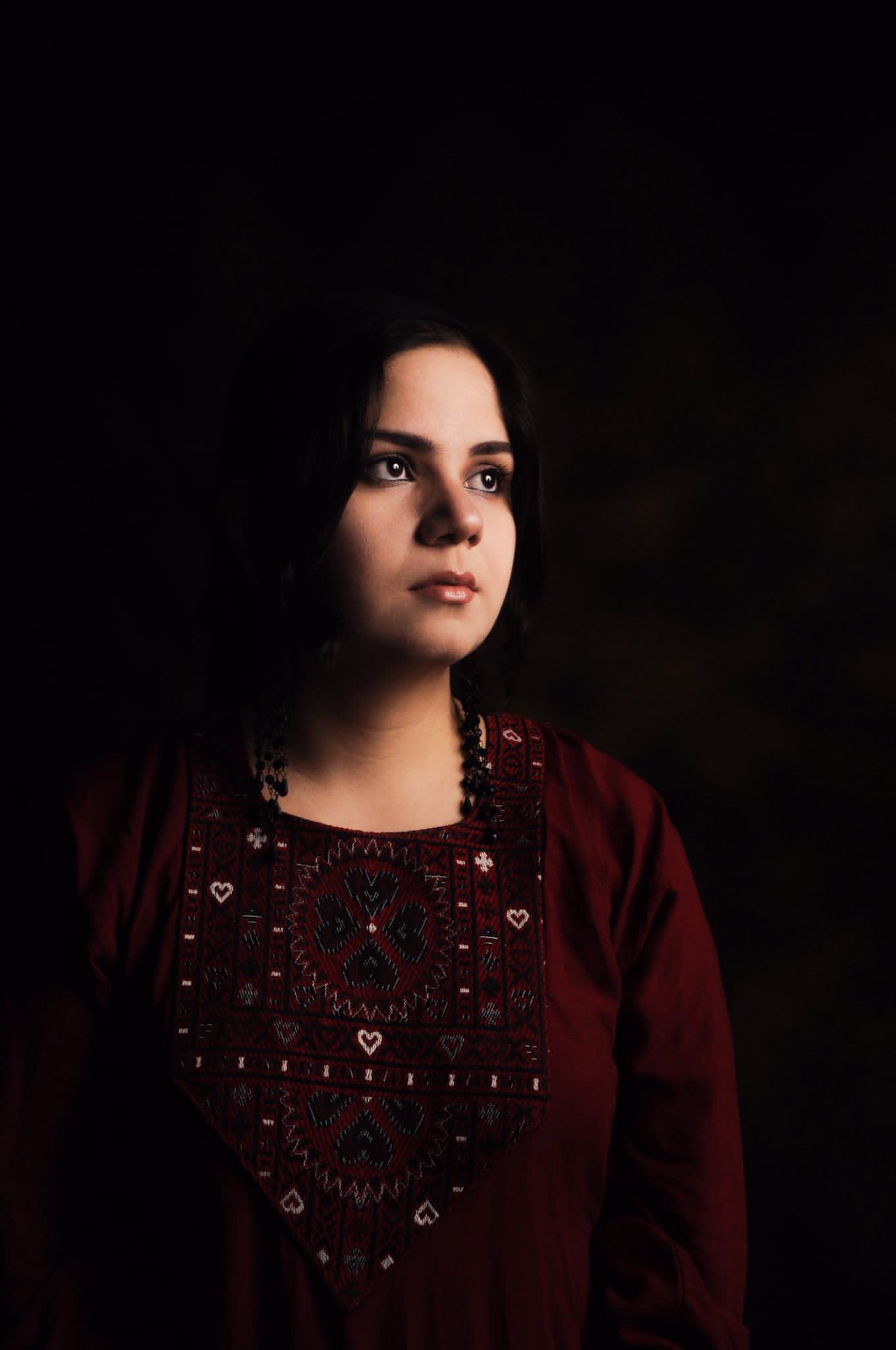POETRY TALK: FATEMEH EKHTESARI & MARIAM MEETRA
my name: …
Atelierraum | 7/5 € Tickets
The experience of living in exile and fleeing from a system that especially oppresses women is something poets Fatemeh Ekhtesari and Mariam Meetra share. After being sentenced to eleven and a half years in prison plus 99 lashes, the poet, author, and activist Fatemeh Ekhtesari (born 1986 in Kashmar, Iran) fled her home country and has been living in Norway since 2017. There, she published two bilingual volumes, زنده نمی مانیم / Vi overlever ikke (TransFe:r 2020, translated by Nina Zandjani) and زن نیست / Hun er ikke kvinne (Aschehoug 2022, translated by Fatemeh Ekhtesari, Mohammad M. Izadi, and Johanne Fronth-Nygren). Fatemeh Ekhtesari is a member of “Postmodern Ghazal,” the most radical poetic movement in contemporary Iranian literature. In her poems, she updates traditional forms of Persian poetry, such as the ghazal, in the context of Iran’s socially and politically violent present.
In her first volume of poetry in Persian and German Ich habe den Zorn des Windes gesehen (Wallstein Verlag 2023 translated into German by Ali Abdollahi, Susanne Baghestani, Sylvia Geist, and Kurt Scharf), the poet Mariam Meetra (born 1992 in Baghlan, Afghanistan) describes the (inner) toil of exile: the liberation from the restrictions of Afghan society on the one hand, and the longing for Kabul and the feeling of being uprooted on the other. A leitmotif running through these poems is the wind as a symbol of this ambivalence: “The wind severs my roots / And blows them wherever it wants / It plants them in the breast of long winters / In gardens without sunshine.”
